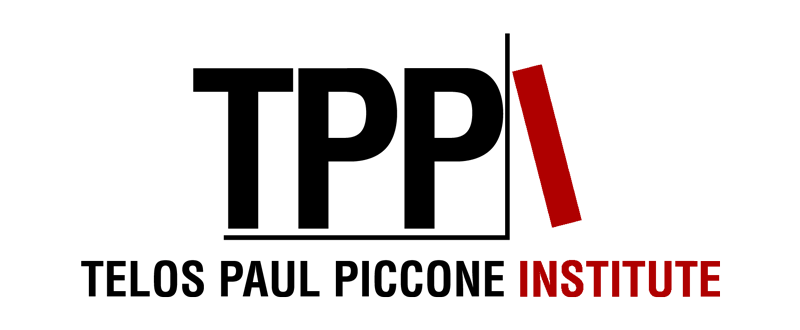The 2016 Telos India Conference
Jawaharlal Nehru University
New Delhi, India
November 17–18, 2016
Democracy and Secular Sectarianism
Organized by Ajay Gudavarthy, Center for Political Studies, Jawaharlal Nehru University
gudavarthiajay@yahoo.com
View the Conference Program (PDF)
Democracy has manifold meanings, depending on the context. The conference will focus on new forms of sectarianism that have emerged as part of democratic and progressive politics in India, but also including coverage of related experiences in other countries.
In the Indian context secularism has not excluded sectarianism. On the contrary, many interest groups operate along distinctly sectarian lines. Dalit politics, for example, while it provides a new voice for the marginalized, has shown an inability to forge alliances or dialogue with other political groups. Why, however, do Dalit and Left politics, given their common opposition to caste-based discrimination, fail to come together? Left political groups in India have also held onto older forms of organizational structures that seem to preclude dialogue and been slow to develop innovative political practices. Why does the Indian Left fail to innovate? Why does privileging of class and a language of scientificity in politics come across as sectarian to other political groups such as the Dalits and other subaltern groups? What kind of intersectionality can overcome the sectarian character of Left-oriented political parties? Muslim groups in India also tend to sectarianism and seldom speak on behalf of other marginalized social groups. Instead, they focus exclusively on articulating issues pertaining to themselves. What prevents Muslim organizations from supporting the Dalits or the displaced Kashmiri Pundits?
Nationality and ethnic struggles have been central to the story of Indian democracy since Independence. While, on one hand, they articulate the interests of nationalities, such as in Kashmir and the Northeast, on the other hand, they can become chauvinistic and nativist and preclude discussion about gender and class. Indeed, movements such as the United Liberation Front of Assam (ULFA) have made chauvinist claims that are similar in tone and tenor to that of exalted regionalism of the right-wing parties articulated by “Marathi Manoos” or “Gujarat gaurav.” How in effect are these ideas different in their content? What kind of differences can we find between the sectarianism of the ultra-nationalist parties such as the BJP and RSS and that of various nationality struggles? Feminist discourse in India has also become caught up in the problem of balancing between the rights of the religious minorities and gender rights, especially after the demand for a Uniform Civil Code (UCC). What prevents feminist groups from identifying and challenging gendered practices in all the religions? Why do feminists fail to bring together women of various castes and religions suffering similar and different kinds of exclusionary practices into a common fold? And if such sectarianism is a major deficit of Indian democracy, does this point to weaknesses in the concept of representative democracy itself?
Topics include:
- The Wedge between Dalits and Left Politics
- Dalits and a Critique of Identity Politics
- Politics of Secular Sectarianism
- Left and Sectarian Classism
- Feminist and Secular Sectarianism
- Limits of Minority-ism
- Religious Minorities and the Ghettoization of Politics
- Nationality Struggles and Chauvinism: The Case of Kashmir
- Nationality Struggles and Chauvinism: The Case of Nagaland
- Affirmative Action and Misrecognition
Registration and Costs
All local expenses for speakers, including the registration fee, will be covered by the conference organizers. Speakers must provide for their own travel expenses to and from New Delhi.
